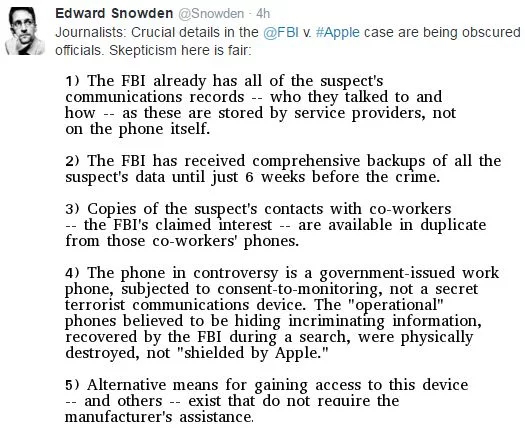Somewhere on the Internet, someone wrote “The purpose of terrorism is to provoke the target government into curtailing civil liberties, so more people become radicalized.”
Close enough. Google “the purpose of terrorism”. The Internets is full of thought-provoking discussion about what the fuck is going on. Or at least, opinions about it.
Terrorism is a wide specter, in many ways. Now, we are waiting to find out how governments are going to react to the Brussels attacks. They will. They have to. That is what politicians do. But… how should they react?
It happens to be that national governments are catastrophically bad at sharing information with each other. At least, when it comes to information that might be a bit sensitive. They simply cannot let everyone else in on everything. They will not do that.
And the EU can do nothing. (I’m not saying that the EU should, absolutely not – but it is noteworthy that it can not. National security is strictly national competence. That’s the rule.)
So there is this bold idea floating around: A European FBI.
In other words, a federal and centralized European police. All information would belong to an EU institution in some Belgian suburb. It would have its nose in everything. Like they say in American crimis… “Oh, shit. The Feds are here.”
Newer the less, it would be a radical way to get all of the European police in line, I guess. And think about all the money they can save by having a common European police uniform.
On the one hand, it is obvious that someone must make national government’s security agencies share relevant information — about common enemies, at least.
On the other hand, who should handle this? Not the Commission itself, I hope. So, give it to Europol, they will say. And right there we also need to give Europol full operative authority in all EU member states.
Europol is the European Union’s law enforcement agency whose main goal is to help achieve a safer Europe for the benefit of all EU citizens. We do this by assisting the European Union’s Member States in their fight against serious international crime and terrorism.
— Europols boilerplate
Europol is largely a post-macho bureaucracy, with some support for member states in need to coordinate specific work and operations. But it’s not very operative in itself. (Europol didn’t even bother to look into the possibility that the NSA hacked the SWIFT bank transaction system, mentioned in the Snowden files. Not even after being asked about it by media and in the European Parliament.)
Should we put these people in charge of running European police? I’m not even sure that Europol would like to. They lack the ambition.
Maybe something… new! And there you have it: Europolice. The only police you will ever need.
Then anything can happen. There will be disasters like a centralized procurement process for toilet paper to all European police stations. There will be a federal authority running its own investigations parallel to local law enforcement. And federal crimes must be handled in a unified way across all of the EU — how do you make that happen?
There will have to be field offices in cities all over the continent, with a partly international crew.
Europolice: Keeper of all information. Online with all national records. Connected to the mass surveillance network. Bureaucracy with operative authority. A single point for failure. Under at best vague democratic oversight.
Are you really sure about doing this?
/ HAX
